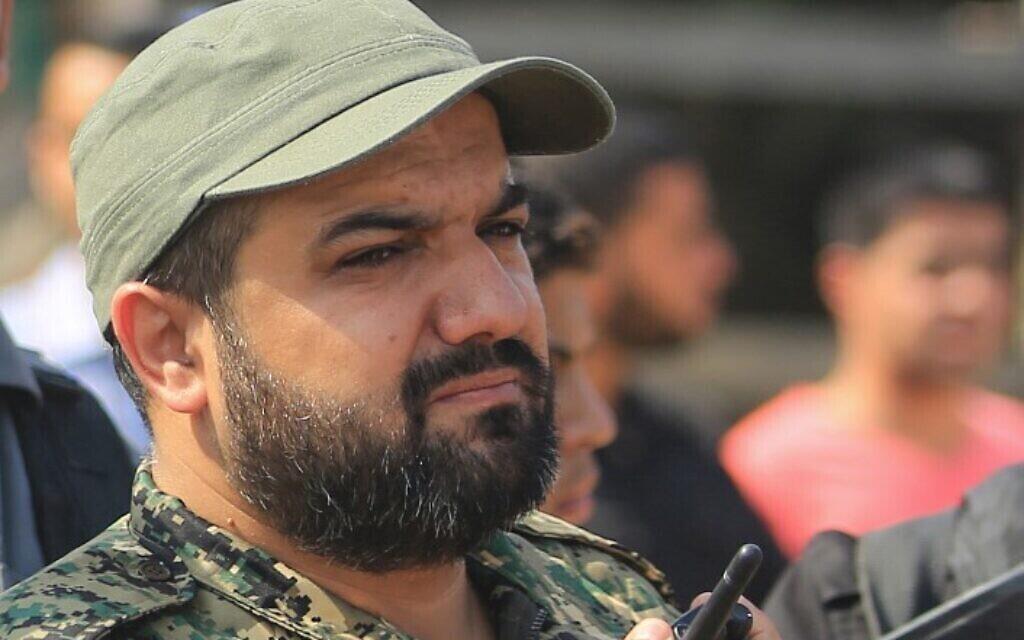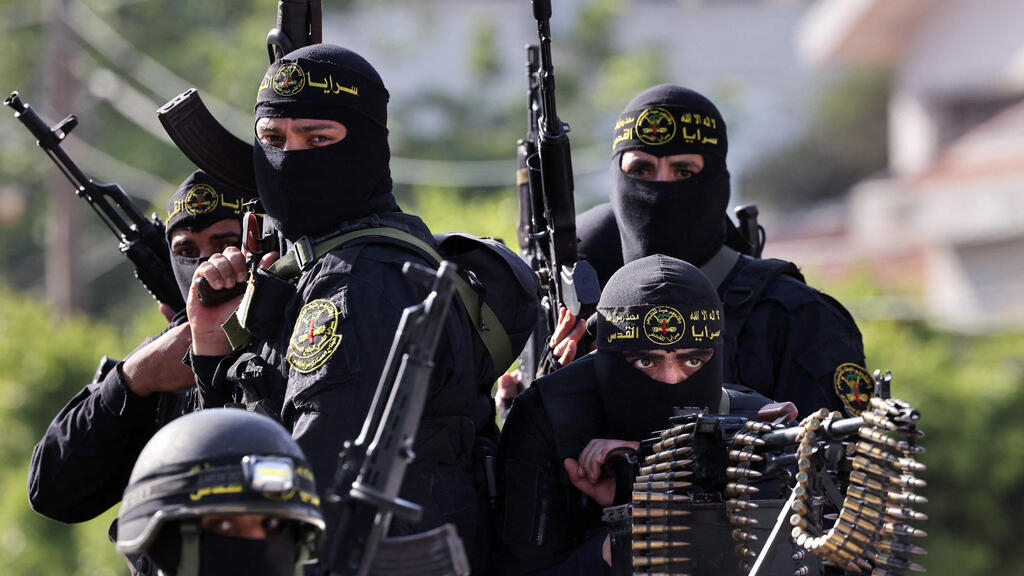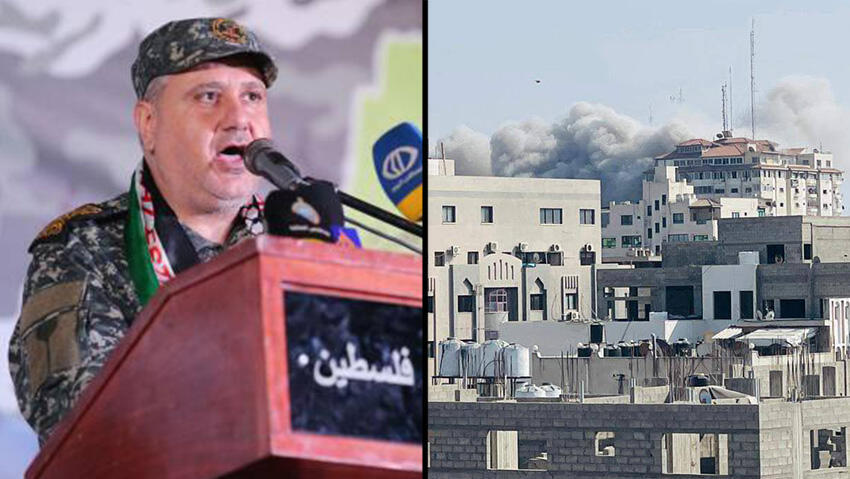Less than 24 hours after the ceasefire between Israel and the Palestinian Islamic Jihadi went into effect, Israeli officials are admitting that they did not expect the arrest of a senior Islamic Jihad member in West Bank last week, would result in the type of escalation that would require a military operation in Gaza.
"We did not estimate that the arrest would ignite such a conflict," a senior source said. Bassam al-Saadi was arrested in Jenin after it emerged he was planning terror attacks against Israelis.
However, once it became clear an operation is unavoidable, the military decided to take fool advantage of the situation. The two Islamic Jihad regional commanders in Gaza who were killed by the IDF during the three-day operation, were seen by the military intelligence as taking action that "caused us concern," the source said.
"We expected the Hamas to pressure the Islamic Jihad to back down and reduce the threat on residents of the south. Unfortunately, that did not happen. When we realized the Islamist faction intended to strike, we decided to take steps to protect civilians from attacks by the deadly Kornet anti-tank missiles.
The IDF rightly assumed the Hamas would not join the fighting, which allowed for the campaign not to drag on.
"The decision was made by Prime Minister Yair Lapid, Alternate Prime Minister Naftali Bennett and Defense Minister Benny Gantz, who cleared the offensive once we had located the PIJ leadership. We saw an opportunity to target the northern commander Taiseer al-Jabari on Friday," an official said.
"We were set to go at any time, for a number of days and the Egyptian and Qatari mediators were aware of that fact, as was the United States and the international community," he said.
"They knew every step of our decision making and understood our intention to limit our offensive as much as possible. The foreign and defense ministries and National Security Council were very transparent in their dealings, which worked to our advantage in the final stages of the operation," the source said.
The military's certainty that Hamas would not join the fight was based on Israel's previous encounters with the Islamic Jihad, which on several occasions was left tp fend off for itself.
"After the 2019 assassination of Baha Abu al-Ata, then a senior Islamic Jihad commander, Israel thought Hamas would intervene but that was not the case," the source said. "We knew Hamas was happy to remain on the sidelines but we have also taken note of the fact that the group had not imposed its authority to prevent the outbreak of violence," he said.
Still officials in Jerusalem believe their policy over the past year, which includes taking humanitarian steps to improve the lives of Gaza residents for as long as the border area remains calm, has proved effective.
3 View gallery


Slain military commander of the Islamic Jihad faction in Gaza Baha Abu al-Ata
(Photo: AFP)
"The situation in Gaza is complex," the source said. "Some two million people are under economic hardship and that is a powder keg. We do not want things to get out of hand too quickly," he said.
Hamas, in the meantime, has indicated to Israel that it was interested in resolving the matter of Israeli captives in the past weeks.
"This is a priority, and we are working to see every opportunity through to the end as a humanitarian matter," the source said.
The officials insisted Israel has not agreed to any PIJ demands to free Al-Saadi, or Khalil Awawdeh who was under administrative detention and has been on hunger strike for months.
"The Egyptians asked us to release them, and we will discuss the matter with them and advise them on the condition of the detainees," officials said.



